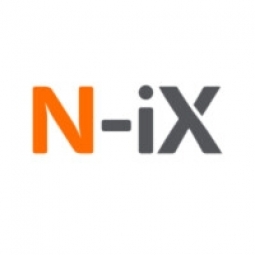Leveraging OpenText Exstream 16.2 in the Insurance Industry: A Case Study
- Functional Applications - Enterprise Resource Planning Systems (ERP)
- Platform as a Service (PaaS) - Application Development Platforms
- Buildings
- Construction & Infrastructure
- Logistics & Transportation
- Intelligent Packaging
- Usage-Based Insurance
- System Integration
The client, a large insurance company, had recently merged with another insurer. The merger necessitated the completion of an OpenText Exstream 16.2 migration project to transfer content assets from the subsidiary to StreamServe, the parent company’s Customer Communication Management (CCM) platform. The primary challenge was to ensure seamless cooperation with customers despite the necessary changes in their ERP tools. The client required a CCM solution that could integrate content assets from two different systems, HP Exstream and StreamServe, without any disruption to their operations.
The customer in this case study is a large insurance company that had recently merged with another insurer. The company was using StreamServe as their main document distribution tool for their ERP. However, due to the merger, they needed to integrate the content assets from the other insurer that was using HP Exstream 9.5. The main requirement of the customer was to ensure a seamless transition and integration of the two different systems without any disruption to their operations or cooperation with their customers.
N-iX experts designed and implemented a new architecture that provided the client with a unified platform for both their solutions. The first step was to update the Exstream application to version 16.2.1 to add new connectivity and transformation features and improve reliability. The StreamServe that the client was using was then updated to version 16.2 and adjusted to the new Exstream architecture using Opentext Directory Services (OTDS) and Communications builder. The architecture was then set up to use CAS as the central repository of external resources, and the former Exstream part of the project was rebuilt to use all images from the CAS browser. Finally, the Exstream package was integrated into the solution as a Processing Engine. This allowed for a parallel process of document generation, with the spool of previously created documents being generated using the existing Exstream package, while other documents were generated by means of the former StreamServe.
Related Case Studies.











